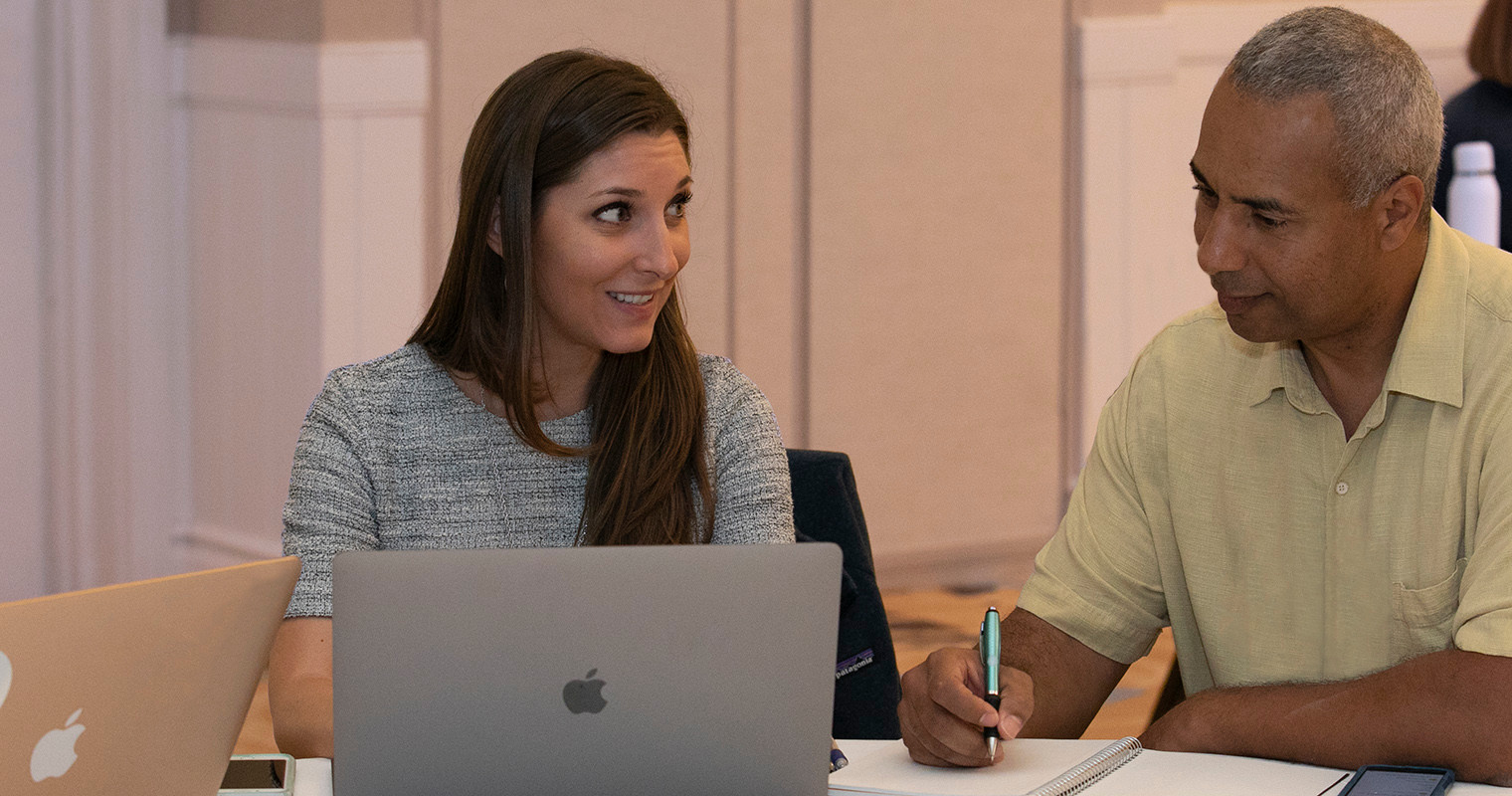
The Founder’s Paradox: How Do You Stay Vulnerable When You Achieve Tremendous Success?
One of the strongest materials on Earth is also the lightest. I am talking about graphene — an extremely thin sheet of carbon atoms arranged in two dimensions. It is about 100 times stronger than the strongest steel and yet is remarkably lighter in weight. It conducts electricity and is almost transparent. Light yet strong. Electric yet clear.
I am always struck by this kind of duality — seeming vulnerabilities that are intrinsic to resilience.
I hear from a lot of people these days due to the success of Aha! — just six years in and we are one of the fastest-growing software companies in the U.S. We are doing it in our own way, with an entirely remote team, no salespeople, and no outside funding. We have nearly 100 teammates and more than 300,000 users. And yes, we are very profitable.
Many of the people who reach out to me are looking to make a connection and others want to pitch me on whatever it is they are building and selling. I do my best to respond to every thoughtful person who tries to engage. But the most contemplative notes I receive are usually focused on the Founder’s Paradox blog series and our bestselling book, Lovability. The question is, why?
I believe the answer is twofold. First, I think people respond to writing that presents a transparent look at what it is really like to build a business. Both the Founder’s Paradox series and Lovability expose difficult company concepts, such as how to be people-centered and still let people go.
The other answer is that people appreciate what is transparent and raw. I write about deeply personal matters that most folks can relate to, like the idea that your future self may not like the decisions you make today. People react with unveiled emotion because I do my best to write from my core about what it is to be human. Big leaps and broken bones. Health and sickness. Awesome plans and rotten results.
I write about the truth of building a business — from one experienced founder’s perspective.
Telling the truth requires you to be strong and vulnerable at the same time. It gets harder to keep the door open and reveal your soul as a company grows. More people are peering in — watching and waiting. You have more fans, but there are more critics too. And the more you have gained, the more you perceive you have to lose by sharing what you have won.
Success can be surprisingly isolating. If you allow it, strength can lead to weakness. You are now more vulnerable to attack from the outside. But isolation is worse — a different type of deficiency. It can become a slow weakening of the soul, as you no longer allow others to grapple with who you are and what you believe in. And as you start to go inward, you no longer need to contend with yourself in relation to others. How do you deal with the exaggerated protective feelings forming for yourself?
Embrace the higher-level life challenge of being both a proven success and sometimes punished for being open about it.
Rather than shut it down, acknowledge and honor that frailty when you feel it. You know who you were when you started your company. You know who you were when no one but a few close friends and maybe your parents truly cared about who you would become. And only you know if that is the person you still are — pay attention to any differences you discover.
Continue to showcase your beliefs, even if you fear that you will be increasingly judged for them. Be as much about thoughts as you are emotion. Share both in equal and respectful ways. Keep your door open and humbly walk through others as well. With great accomplishment comes great vulnerability. It must.
Read more of The Founder’s Paradox.




